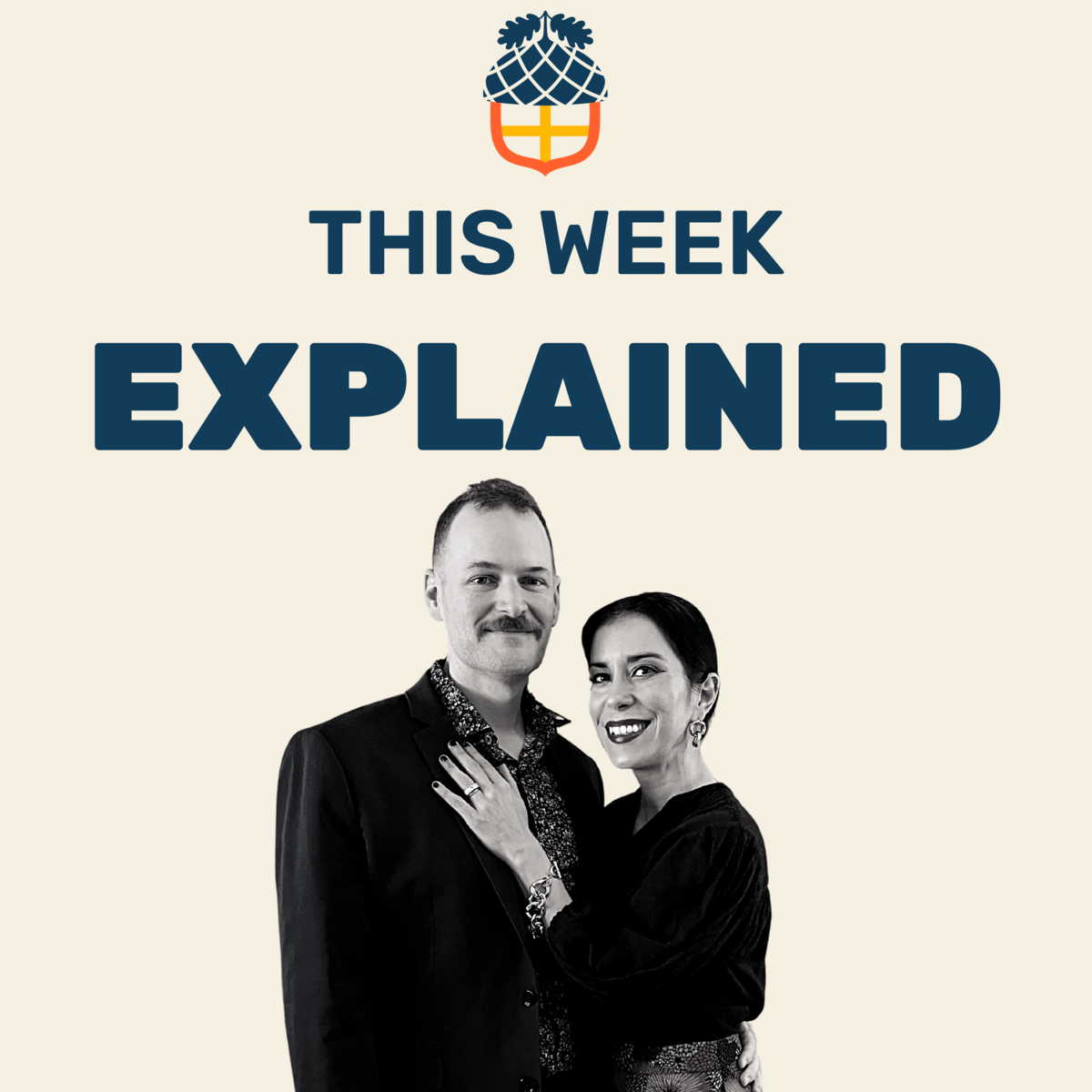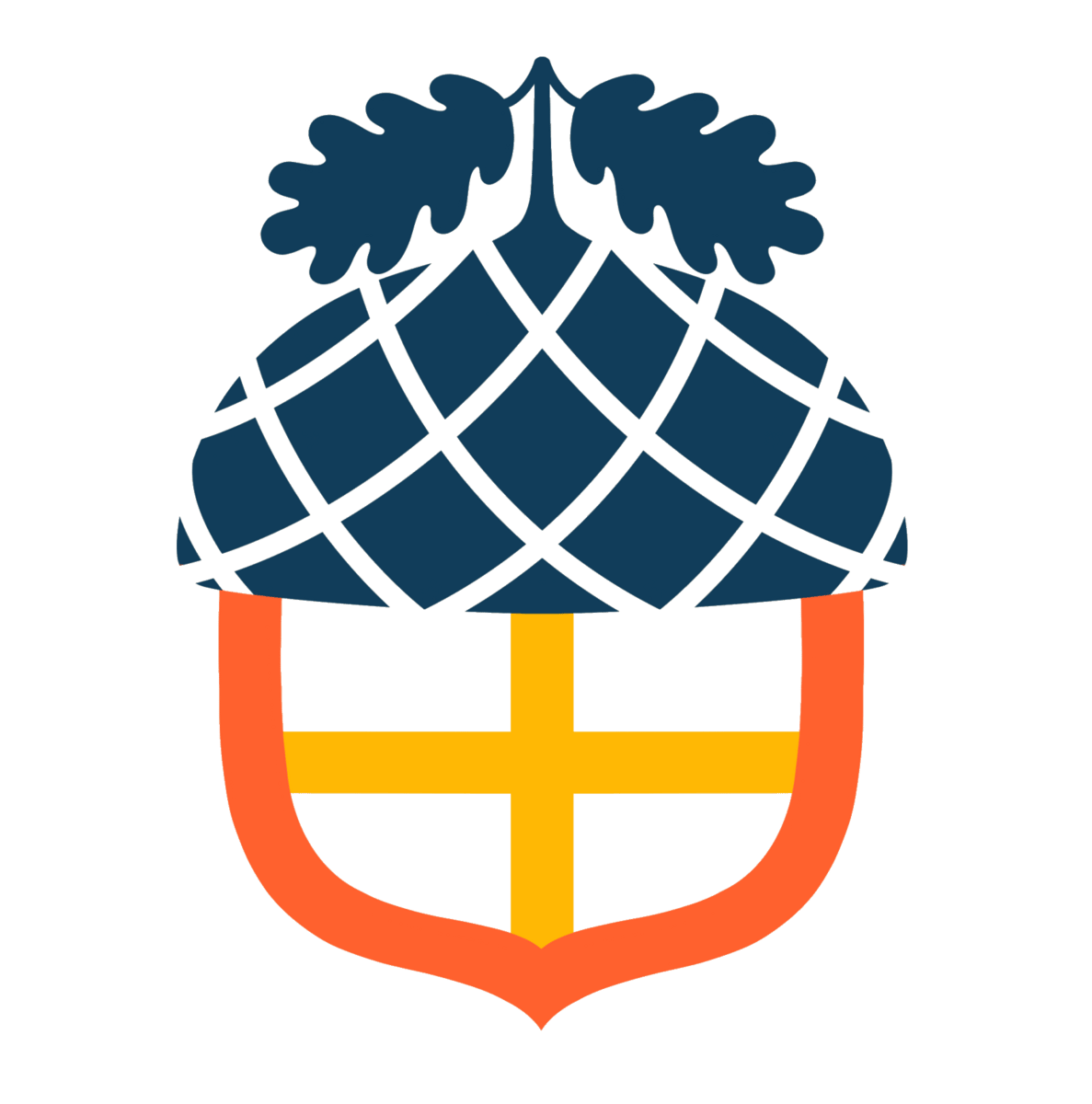In-Depth Analysis From This Week Explained:

90 Seconds To Disaster: Unpacking the Global Crises that Could Lead to Catastrophe:
"Protecting its citizens is the role of the government, but they’re going to do that by taking even basic freedoms of speech away."
Here are the Big Geopolitical Events From the Week that Was:
Russia-Ukraine
Ukraine is getting all the tanks
Russia’s 2024 elections
Russian Intelligence ships tracked near Hawaii
Finland may or may not join NATO without Sweden
BRICS single currency talk
Doomsday Clock
Global violence (mass shootings in US, Sweden stabbing in UK Germany)
Key Takeaways:
Tanks Will Be Sent, But That Takes Months
In the face of Russian aggression, the West has decided to provide Ukraine with tanks and other military equipment in order to defend its independence. This move is part of a larger strategy to send a clear message to Russia that its aggression will not be tolerated and to counter any military efforts by Moscow. The tanks are expected to arrive to Ukraine rapidly, but they won’t reach front line units for months. It's hoped that this act of solidarity from the West will deter future provocations by Russia in Ukraine and also encourage Kyiv authorities as they fight for their independence and territorial integrity.
"The choice of Berlin(To send tanks to Ukraine) means the final refusal of the Federal Republic of Germany to recognize the historical responsibility to our people for the terrible, timeless crimes of Nazism during the Great Patriotic War, the consignment to oblivion of the difficult path of post-war reconciliation between Russians and Germans."
Germany and the United States agreed to send their main battle tanks. The German Leopard 2 and the M1 Abrams were developed during the Cold War era. They have been heavily upgraded and remain in service in their respective countries and with other nations.
The Leopard 2 was first introduced in 1979, while the M1 Abrams was first introduced in 1980. Both tanks weigh over 60 tons, require a crew of four and are equipped with a 120mm smoothbore gun. The Leopard 2 is powered by a V-12 twin-turbo diesel engine while the M1 Abrams is powered by a gas turbine engine.
One of the main differences between the two tanks is their armor protection. The Leopard 2 has modular composite armor which can be adapted to fit the threat, while the M1 Abrams has a combination of steel, aluminum and depleted uranium armor. The Leopard 2 also has a higher power-to-weight ratio, which gives it better mobility in rough terrain.
Another difference is in their respective gun stabilization systems. The Leopard 2 has an advanced computerized stabilization system that enables the tank to fire accurately while on the move. The M1 Abrams has a less advanced stabilization system, which limits its ability to fire on the move.
Turkey Continues to Block Swedish Membership in NATO
Sweden and Finland continue to wait as NATO countries vote to ratify their entry into the treaty organization. Of NATO's 30 members, only the parliaments of Turkey and Hungary have not yet ratified entry for Sweden and Finland, which are worried about their security after Russia's invasion of Ukraine.
WHY DOES TURKEY OBJECT TO SWEDISH AND FINNISH MEMBERSHIP?
Turkey alleges that Sweden is sheltering combatants from the outlawed Kurdistan Workers Party (PKK), which armed itself against the Turkish government in 1984. The PKK is labelled a terrorist organization in Turkey, Sweden, the United States and Europe. Strained relations between Sweden and Turkey have been further exacerbated by recent Quran burning demonstrations in Stockholm which Ankara portrays as hate crimes, but which are championed by Swedish freedom of expression principles.
"Sweden has addressed many of Turkey's concerns and will continue to implement this trilateral memorandum ... but it is clear right now that's not enough,"
DOES TURKEY HAVE ANY OTHER GOALS IN BLOCKING ACCESSION?
Elections in Turkey will take place in May this year. Certain pundits envision Erdogan's point of view on NATO as a maneuver to draw away the attention of electors from a cost of living emergency within Turkey and to give off an impression as a global statesman. Turkish ties with Washington are exacerbated by disagreement with Syrian Kurdish rebels who have been supported by the U.S. in a battle against Islamic State militants.
Sweden and Finland wish to enter NATO together, but with Turkey's anger mainly centered on Sweden, Finland may eventually tire of the process. Finland's foreign minister and Sweden's prime minister have expressed that unified membership is a priority and that Finland would contemplate another approach just if Sweden's membership were continuously hindered by Turkey.
Brazil, Russia, India, China, and South Africa (BRICS) Talking Single Currency
BRICS (Brazil, Russia, India, China, and South Africa) are a group of major emerging economies that have been a focus of international attention in recent years. These countries have large and rapidly growing economies and are expected to play an increasingly important role in the global economy in the coming years.
Brazil: Brazil's economy has been struggling recently, with high inflation and a large fiscal deficit that the new administration has been working on. The country has been hit hard by the fall in commodity prices, which has hurt its exports, and by political uprisings. The country is expected to experience a mild recovery in the coming years, but growth is likely to remain below potential.
Russia: Russia's economy has been hit hard by the fall in oil prices and Western sanctions. The country has been in recession since 2014, and its invasion of Ukraine has not helped its economy. The country has a large fiscal deficit and high inflation. A single BRICS currency could help Russia shave debt and escape an almost decade long recession.
India: India is the fifth largest economy in the world and has been growing rapidly in recent years. The country has a large and rapidly growing middle class, and its economy is expected to benefit from this. Even with a bustling middle class, the country still deals with high levels of poverty and inequality. BRICS would lean heavily on India's economy.
China: China is the world's second largest economy. It has been growing rapidly in recent years, and, despite COVID-19 lockdowns, is expected to continue to do so in the coming years. The country has a large and rapidly growing middle class, and its economy is expected to benefit from this. However, the country is facing many challenges, including an aging population and a large fiscal deficit.
South Africa: South Africa's economy has been struggling in recent years, with high unemployment and a large fiscal deficit. South Africa owns the third largest economy in Africa and it is the most well-developed, modernized, and varied economic system in Africa as a whole. It has a high-income economy, making South Africa among just eight such nations in Africa. The country is expected to experience a mild recovery in the coming years, but growth is likely to remain below potential.
Overall, the BRICS countries face a number of economic challenges in the coming years and a single currency could help the struggling member economies while harming emerging economies like India.
Global Uprisings have the Doomsday Clock Moving
The Doomsday Clock is a symbolic representation of the likelihood of a global catastrophe, such as nuclear war, climate change, or other major threats to humanity. It is maintained by the Bulletin of the Atomic Scientists, an organization of scientists, experts, and other stakeholders who assess the state of the world and the risks it faces.
It is important to note that the Doomsday Clock is not a prediction of when a global catastrophe will occur, but rather a tool to raise public awareness about the major threats facing humanity and to encourage action to reduce these risks.
New research has suggested violent events, like the mass shootings in the United States and Sweden, as well as knife attacks in the United Kingdom and Germany, occur in clusters and appear to be contagious. This possible contagion will likely move the doomsday clock to 80 seconds to midnight by 2024.

Stay safe out there.

